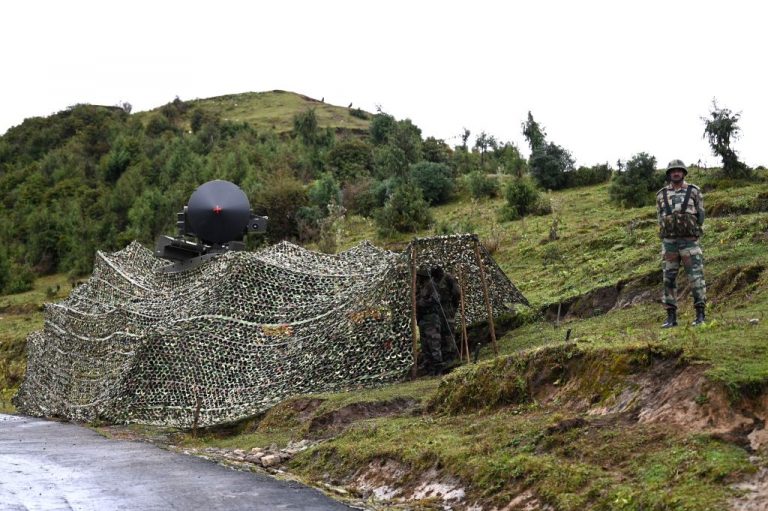In recent years, border tensions between India and communist China, the two Asian superpowers, have flared up several times. While both sides have held talks to ease up some of the tensions, former Indian ambassador to China, Nirupama Rao, believes the conflict will continue. Rao held the post of ambassador for three years between 2006 and 2009.
In an interview with CNBC, Rao stated that the common Himalayan border between the two nations was “never really mutually settled” by their respective governments. New Delhi and Beijing have now hardened their stance on the issue.
“There are strong nationalistic forces on both sides contending with each other… I don’t see any side stepping down or stepping back when it comes to compromise on a settlement, which is, of course, an unfortunate reality that we have to contend with,” Rao said.
The Pentagon has recently released a report revealing that communist China installed a fiber-optic network in remote Himalayan regions last year to boost military communication amidst tensions with India.
This provided the Chinese military with real-time surveillance, intelligence, and reconnaissance abilities, thereby streamlining their decision-making process.
Success
You are now signed up for our newsletter
Success
Check your email to complete sign up
Border skirmishes have resulted in massive force buildup along the Line of Control (LOC) on the Chinese side. Despite the outbreak of the COVID-19 pandemic, Beijing has accelerated its training and fielding of equipment. The Pentagon report accused communist China of engaging in coercive and aggressive behavior against India.
“In 2020, the [PLA] highlighted training for… potential contingencies in high-elevation regions (suggesting a possible focus on India given border clashes in 2020) and projecting forces across the Taiwan Strait,” the report states.
The current border tensions between India and communist China began in June last year when militaries from both sides engaged in a standoff that ended in the death of a few soldiers. In August, New Delhi and Beijing decided to disengage from the friction point. In February, both sides pulled back from another contested region.
A new Chinese law that goes into effect in Jan. 2022 gives Beijing the right to act against any threat against its boundaries as defined by the CCP. New Delhi pointed out that the new Chinese law could affect existing bilateral border agreements between the two sides.
The Buddhist population that lives on the Indian side of the Himalayan border is worried about Chinese incursions. In an interview with Al Jazeera, Dondup Gyaltsen, who runs a shoe store in an Indian town near the Chinese border, accused Beijing of “modifying Buddhism according to its whims.”
Another person who runs a pharmacy appealed to India to react strongly against communist China’s pressure tactics.
“Our government should make it clear that no Buddhist will accept anyone China imposes after the Dalai Lama… He may look human but he’s our god,” he said.















